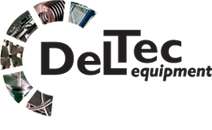What is Meter Test Equipment? A Complete Guide to Understanding Its Importance and Usage
Meter test equipment plays a crucial role in ensuring the accuracy and reliability of various measurement devices, particularly in the utilities industry. According to the International Electrotechnical Commission (IEC), approximately 10% of energy meters exhibit inaccuracies that can lead to significant economic losses for both providers and consumers. The correct testing and calibration of these devices are essential to avoid discrepancies, which can range from minor billing issues to major regulatory infractions.
Moreover, as the global market for smart meters continues to expand, projected to reach $25 billion by 2025 according to a recent report by Allied Market Research, the importance of meter test equipment becomes even more pronounced. With the integration of advanced communication technologies in metering solutions, maintaining the integrity of meter performance is vital to ensure operational efficiency and consumer trust. This guide will delve into the various types of meter test equipment available, their applications, and the critical role they play in today's metrology landscape.
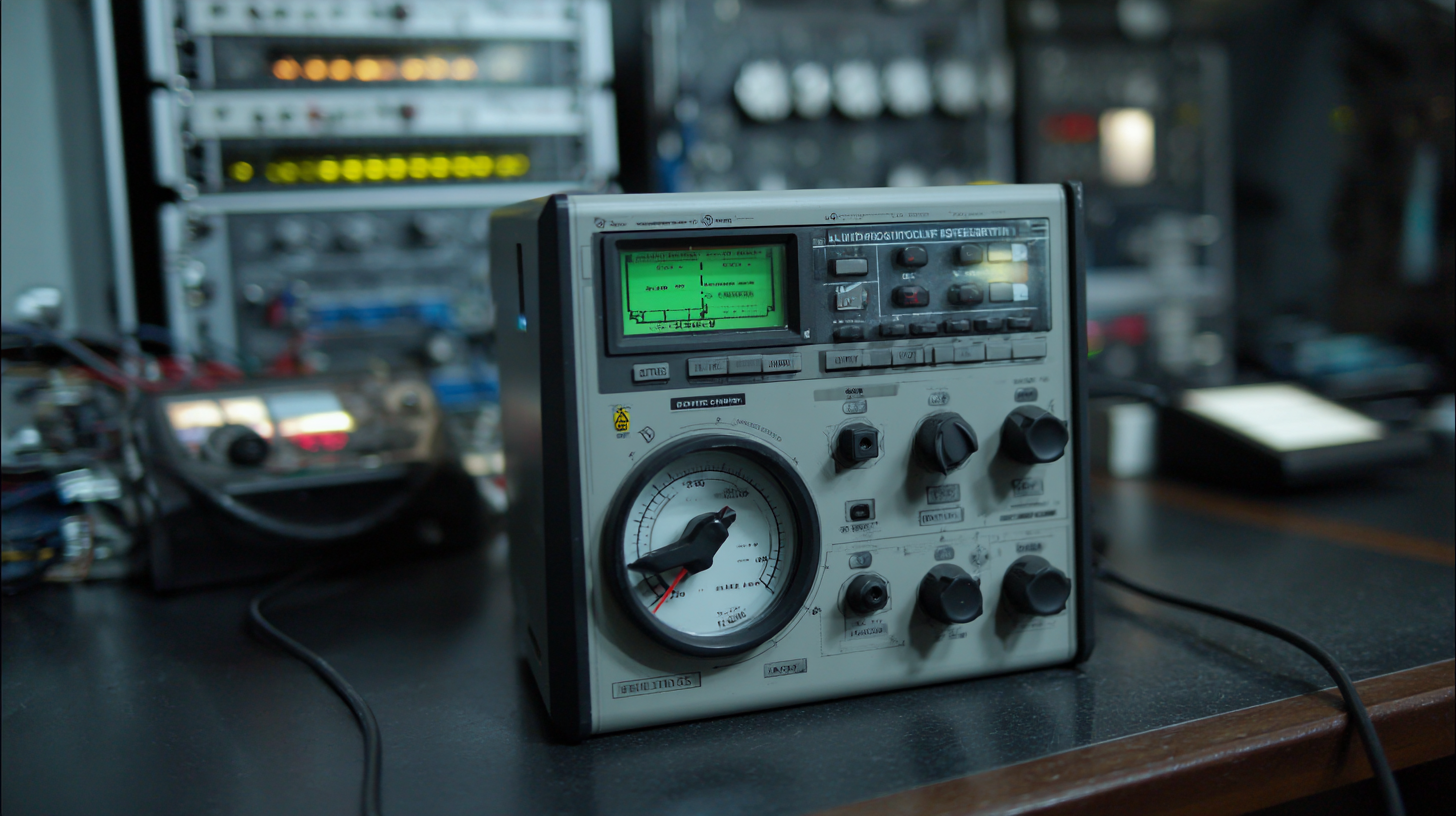
What is Meter Test Equipment?
Meter test equipment plays a crucial role in ensuring the accuracy and reliability of various types of meters, including electricity, water, and gas meters. This equipment is essential for verifying that meters are functioning correctly within specified tolerances, thus preventing overcharging or undercharging consumers. For instance, with the recent launch of a meter-testing laboratory in Chandigarh, residents are now afforded the opportunity to have their electricity meters tested professionally, promoting transparency and trust in utility billing.
The significance of meter test equipment is underscored by statistics indicating that inaccurate meters can lead to substantial economic losses for both consumers and utility providers. According to industry reports, improper meter readings can cause discrepancies that range from 2% to 10% in billing, which accumulates to millions of dollars annually in revenue loss for companies.
Furthermore, local initiatives such as radon meter programs in places like Winnipeg highlight the growing awareness and importance of testing equipment to assess home safety and health risks, demonstrating that the functionality of meters extends beyond just billing accuracy to encompass public health measures.
The Importance of Meter Test Equipment in Electrical Testing
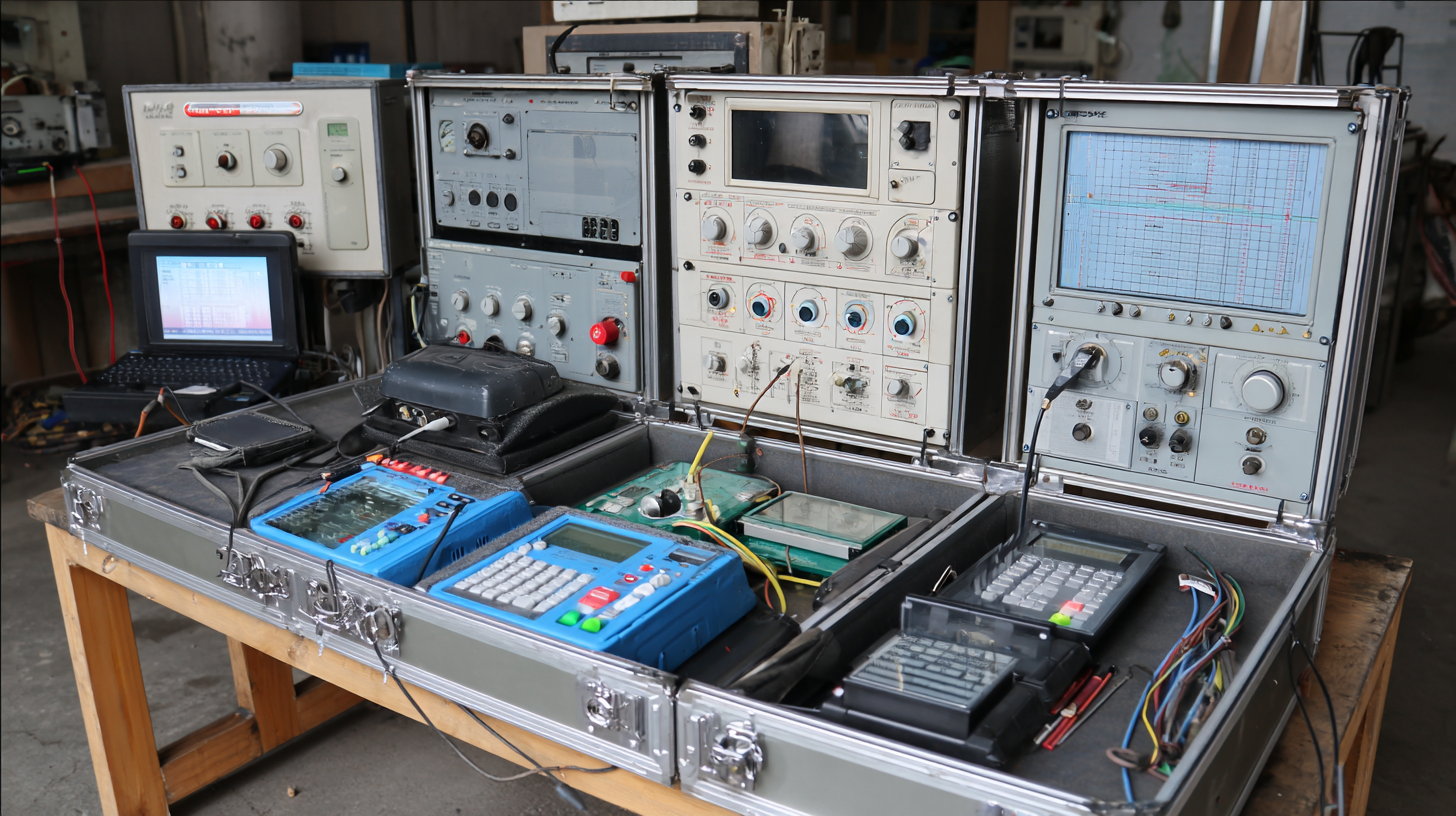 Meter test equipment plays a crucial role in the field of electrical testing by ensuring the accuracy and reliability of measurement devices. This equipment is vital for verifying that meters, such as those used for measuring electricity, gas, or water consumption, are functioning correctly. Regular testing of these meters helps to maintain compliance with industry standards and regulations, which is essential for both safety and operational efficiency. Inaccurate meters can lead to significant financial implications for utility companies and consumers alike, making the role of meter test equipment indispensable.
Meter test equipment plays a crucial role in the field of electrical testing by ensuring the accuracy and reliability of measurement devices. This equipment is vital for verifying that meters, such as those used for measuring electricity, gas, or water consumption, are functioning correctly. Regular testing of these meters helps to maintain compliance with industry standards and regulations, which is essential for both safety and operational efficiency. Inaccurate meters can lead to significant financial implications for utility companies and consumers alike, making the role of meter test equipment indispensable.
Moreover, the use of meter test equipment enhances the overall performance of electrical systems. By identifying discrepancies in measurements, technicians can address potential issues before they escalate, thereby preventing downtime and costly repairs. The calibration and maintenance performed with this equipment also contribute to improved energy efficiency, as it ensures that systems operate within their optimal ranges. In summary, meter test equipment is not merely a tool; it is an essential aspect of maintaining quality control and fostering reliability in electrical testing and broader utility operations.
Types of Meter Test Equipment and Their Applications
Meter test equipment is essential in ensuring the accuracy and reliability of measuring devices used in various industries. There are several types of meter test equipment, each designed for specific applications. For instance, electrical meter testers are widely used to assess the performance of energy meters, ensuring that they accurately monitor electricity consumption. These testers can detect issues such as calibration errors or internal faults, which can lead to incorrect billing and energy losses.
Additionally, there are specialized tools such as water meter test rigs, which evaluate the functionality of water flow meters. These rigs simulate different flow conditions, allowing technicians to examine the meter's response and ensure compliance with regulatory standards. Furthermore, gas meter testers are employed to verify the accuracy of gas meters, preventing potential safety hazards and ensuring fair billing practices for consumers. Each type of meter test equipment plays a crucial role in maintaining the integrity of metering systems across various sectors, from utilities to manufacturing.
How to Choose the Right Meter Test Equipment for Your Needs
Choosing the right meter test equipment is crucial for accurate measurements and efficient operations in various industries, from electrical engineering to industrial manufacturing. According to a report by MarketsandMarkets, the global market for test and measurement equipment is expected to reach $38.2 billion by 2026, reflecting a CAGR of 6.4%. This highlights the growing reliance on precise instruments and the importance of selecting appropriate equipment based on specific requirements.
When selecting meter test equipment, consider the type of measurements you'll be performing. For instance, electrical tests require specialized multimeters or insulation testers, while HVAC applications may necessitate temperature and airflow measurement devices. It's also important to assess the accuracy, range, and functionality of the equipment to ensure it meets industry standards, like those outlined by the International Electrotechnical Commission (IEC).
**Tips:** Always look for equipment that offers calibration certificates to guarantee accuracy. Additionally, ensure that the tools are equipped with user-friendly interfaces and robust data logging capabilities, which can greatly enhance operational efficiency. Engaging with manufacturers and reading reviews can also guide you toward reliable brands that suit your specific needs.
Meter Test Equipment Usage in Different Industries
Best Practices for Using and Maintaining Meter Test Equipment
Meter test equipment plays a crucial role in ensuring the accuracy and reliability of measurement devices. To optimize performance, it is essential to adopt best practices for usage and maintenance. Regular calibration is fundamental; this process helps determine any deviations in measurement accuracy, allowing for timely adjustments. Following the manufacturer’s guidelines for calibration intervals is vital, as it ensures that the equipment remains reliable over time.
In addition to calibration, routine inspections and maintenance are essential for meter test equipment longevity. Operators should keep an eye out for signs of wear or damage, and any identified issues should be addressed immediately to prevent more serious problems. Cleaning the equipment regularly, particularly the connections and contact points, can also enhance its performance. Finally, proper training for personnel using the equipment ensures they understand its operational functions and limitations, reducing the likelihood of misuse and extending its service life.
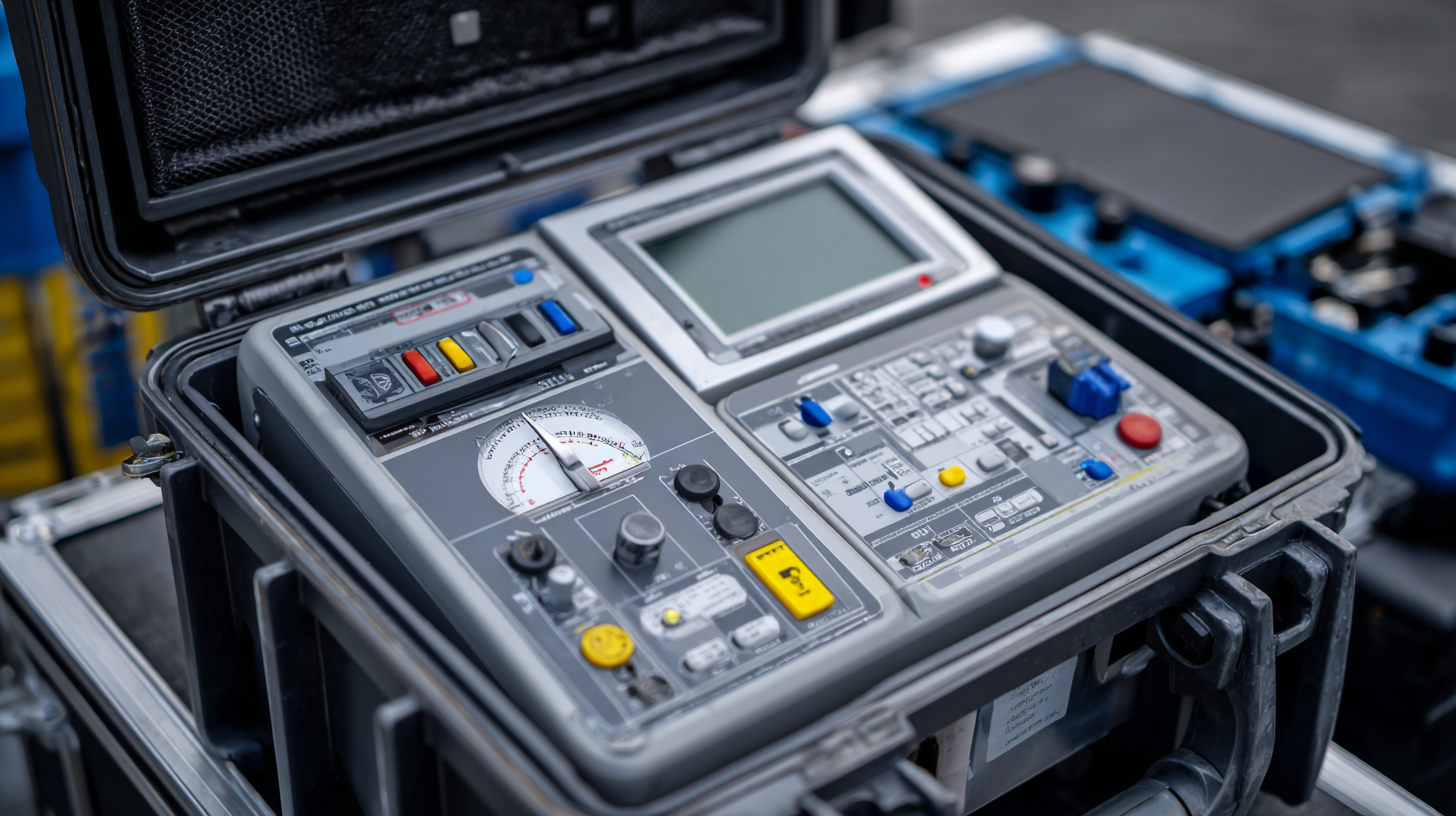
Related Posts
-
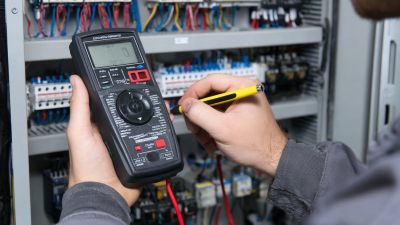
Understanding the Importance of Accurate Meter Test Equipment for Efficient Energy Management
-
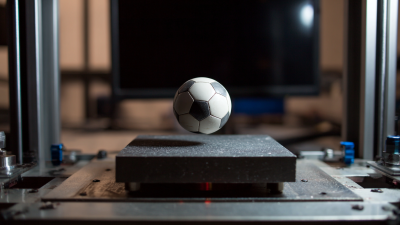
Ultimate Guide to Choosing the Best Ball Rebound Tester for Your Needs
-

Exploring the Role of Impact Equipment in Sustainable Construction Practices
-
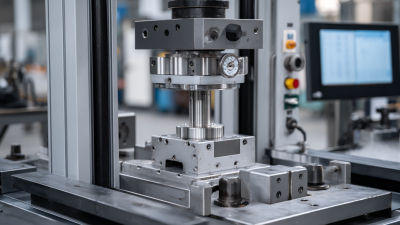
Understanding the Importance of Impact Tester in Modern Manufacturing Processes
-

Exploring the Benefits of Tester Line in Modern Technology Solutions
-

The Future of Impact Testing Technology: Innovations Shaping Enhanced Durability Standards





